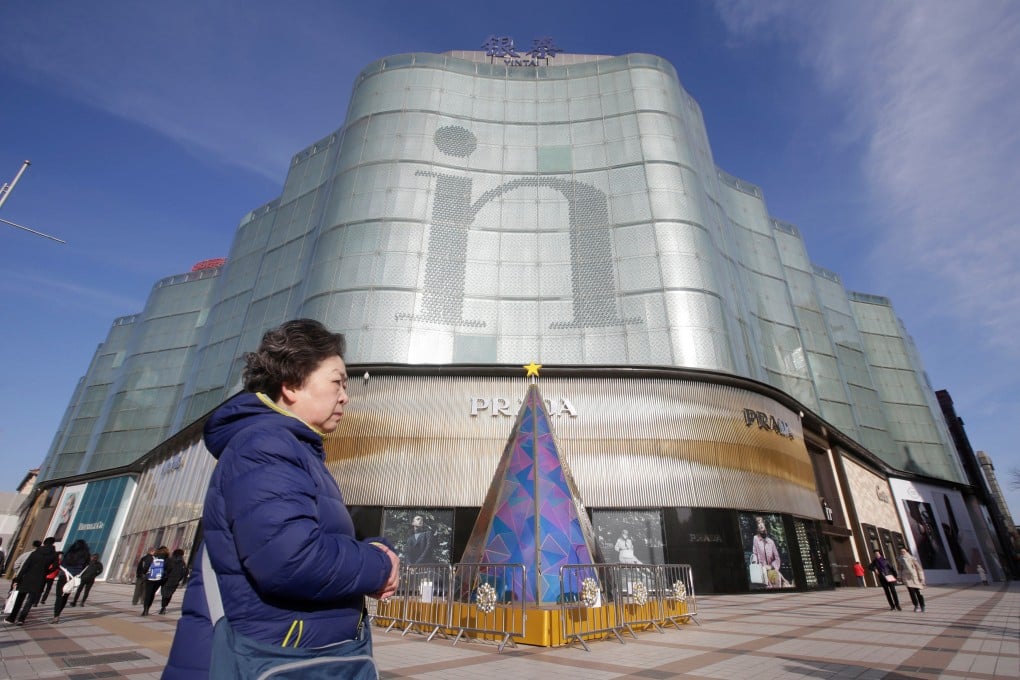Alibaba to lose US$1.3 billion on Intime sale in retreat from offline retail
The deal for the department store chain is valued at 7.4 billion yuan, less than half of what Alibaba sank into it

The company is selling its entire stake in the retail chain, in which it first invested in 2014, to a consortium of purchasers comprising Youngor Group and members of Intime’s management team, according to a filing to the Hong Kong stock exchange on Tuesday. Youngor Group is a textile and clothing company based in the eastern city of Ningbo.
The deal was valued at around 7.4 billion yuan, less than half of what Alibaba sank into the company. The divestment comes seven years after it teamed up with Intime’s founder to take the mainland shopping giant private in a HK$19.8 billion (US$2.5 billion) cash transaction.
Alibaba’s Hong Kong-listed shares fell 1.1 per cent on Tuesday, while Youngor’s Shanghai-listed shares rose 3.7 per cent. Alibaba owns the South China Morning Post.

Despite the expected loss, the Intime sale is based around Alibaba’s considerations for its future business structure, according to Kenny Ng, a strategist at Everbright Securities International.